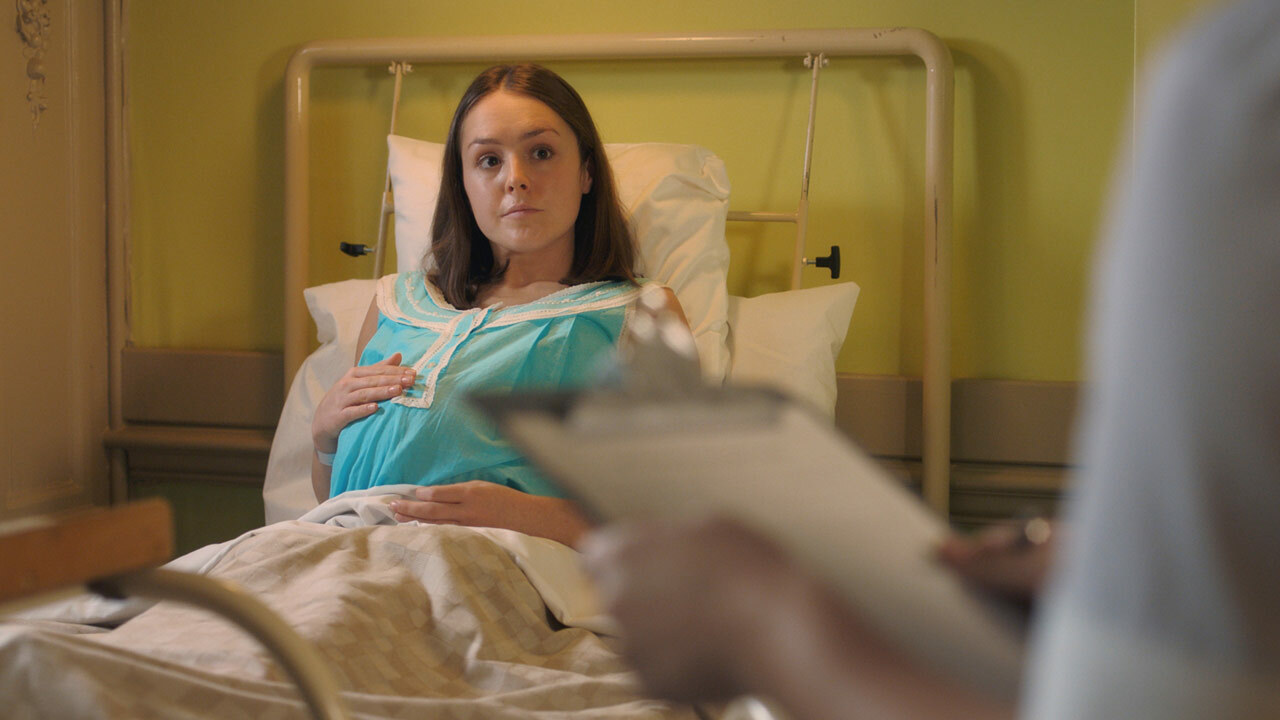
As I sit down to compose the fifth entry in this series of sin and virtue themed blogs, it is becoming more obvious how crucial it is to determine motivation when considering what is sin and what is virtue. This seems even more acute when looking at the concept of wrath or anger as sin. Like every aspect of human nature, it’s complicated.
Using various sources, I’ve found a variety of suggested corresponding virtues to conquer wrath including meekness, kindness, acceptance all of which imply subtly different things. It strikes me that, as a modern woman, I can’t fully understand and appreciate the context of these terms devised centuries ago. In my modern world, wrath informs me. In my twenty first century eyes, it is the actions that wrath inspires that determines its status as both sin and virtue.
Miss Higgins was incensed about the broken plumbing drenching the surgery’s medical records. Her anger motivated prompt repair and recovery. Doris Owen, mother of a pregnant teenager seemed wrathful the whole episode; but perhaps fear and grief is in play. Her daughter’s future is at risk. Pupil Midwife Corrigan had her ire raised regarding the parental treatment of that pregnant teen; perhaps a personal trigger. Plenty of anger was demonstrated in episode two when the characters of Trixie and Sister Julianne were confronted with revelations about illegal activities. None of this wrath seemed sinful to my modern sensibility.
Ancient theologians considered wrath a sin because it rejects the godly patience and love we should feel for others. I understand how emotions of wrath, like lust can lead to harmful actions. I see merit in the recognition and control of these emotions. Critics of religion argue that condemnation of anger, as sin, was useful to suppress efforts to correct injustice. In contrast, showing meekness or acceptance in the presence of injustice does not always seem virtuous.
Indeed, it seems the conflict of anger toward injustice versus the need for patience and love is at the heart of this episode’s verbal interchange between pupil midwife Nancy Corrigan and nurse Shelagh Turner. Just before assisting the teenage mother, Jeanette Owen give birth, Corrigan expressed her anger about Jeanette’s controlling mother. She was passionate about the injustice she perceived. Nurse Turner tells her, “That was uncalled for!”
Corrigan responds, “ I don’t think honesty is ever uncalled for.”
I was like this young Nancy Corrigan in my early nursing career. Seeing the mistreatment of women in the Detroit area labor & delivery rooms of the 1970s made me angry and passionate. It incensed me to see women shackled to the bed in leather restraints as they labored alone and hallucinated on a cocktail of drugs called Twilight Sleep. This was an era when women’s reproductive rights were being explored. Women were demanding more control over their bodies including their birth experiences. As I spoke the truth as I saw it, I was ridiculed by peers and reprimanded by supervisors. My anger led me to midwifery, twenty years later. When I learned the distinction between passion and compassion, I was ready to become a midwife. As Nurse Turner says to Corrigan “If you didn’t care, you wouldn’t be a midwife.”
Although there is still a place for passionate anger, I learned that strategies of patience, kindness and even sometimes appearing meek, could penetrate fortresses of injustice more easily than wrath. I think of it as a controlled burn. Too hot, too uncontrolled and it can destroy. I’m rooting for Nancy Corrigan. Like her, I found the transition to the midwife role challenging. I became witness to so much infuriating injustice within health care.
During the current crisis for reproductive rights our culture writhes with wrathful passion. Shelagh Turner wisely points out to her student, Corrigan, that passion is not compassion. Perhaps the sin is in not examining what the wrath is trying to teach. Those who are passionately angry with women seeking pregnancy termination are not listening to their stories with compassion. Learning to direct anger in the proper direction is the virtue. With compassion, kindness is not just an antidote to wrath but can be a result.
Get Another Take: Recommended Call the Midwife Recaps
From Thirteen.org | The British Tele Dish
From WTTW Chicago | The Playlist Blog
From NPT Nashville | The Vanderbilt University School of Nursing Recap
From WETA Washington | The Tele Visions Blog
From WGBH Boston | Watch Drama After Dark or Read the weekly recap